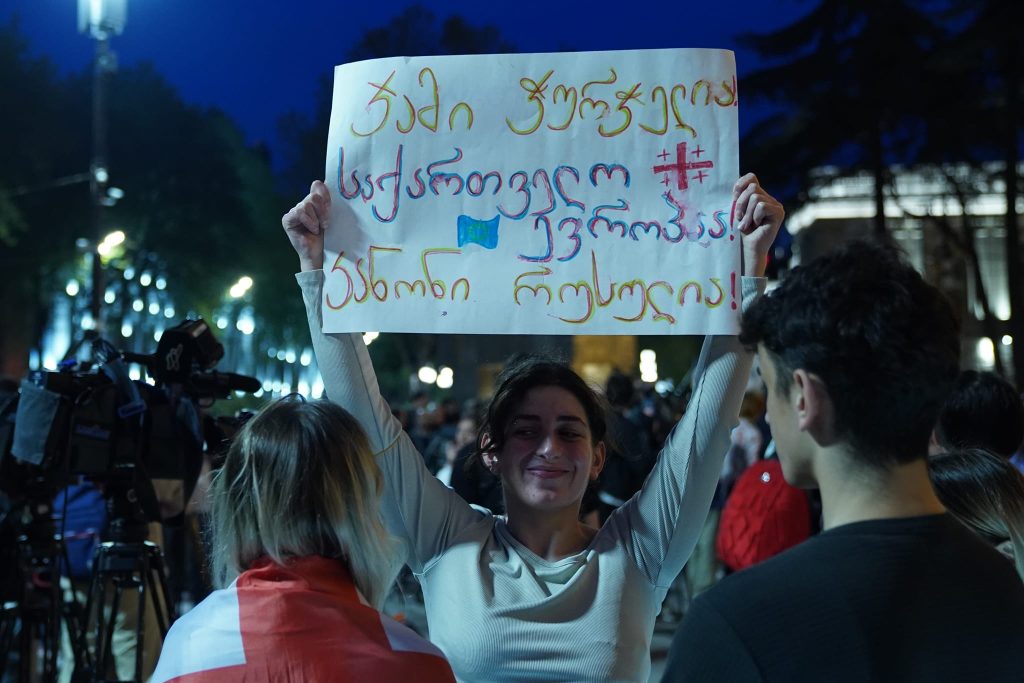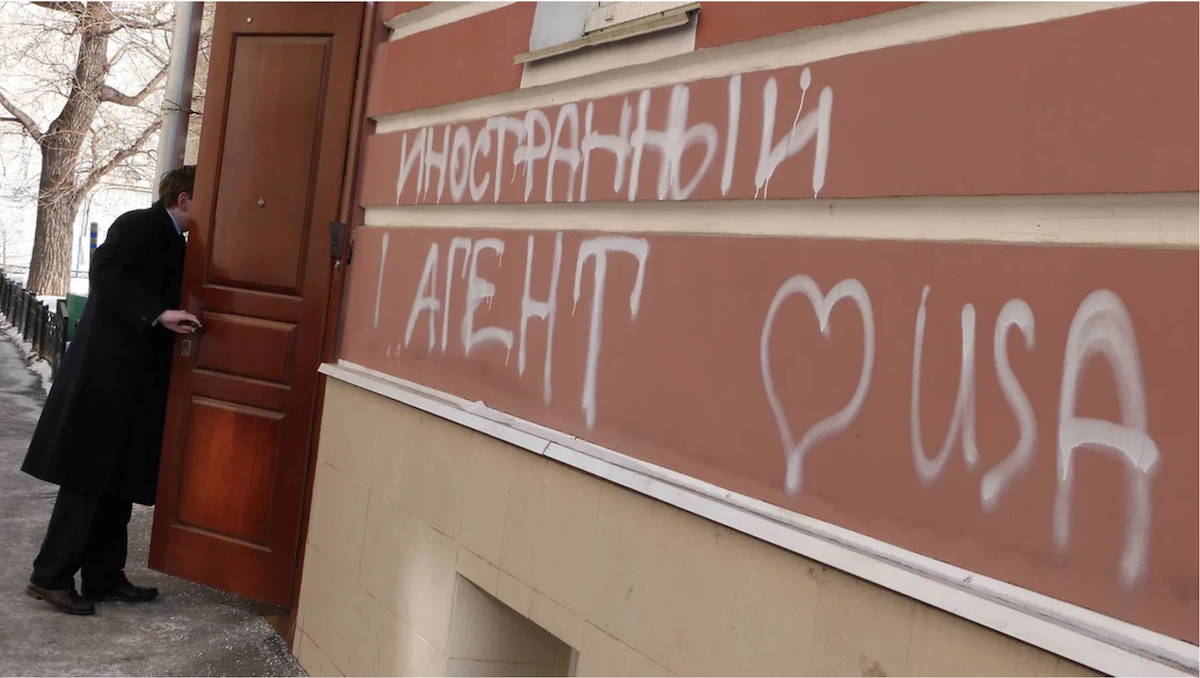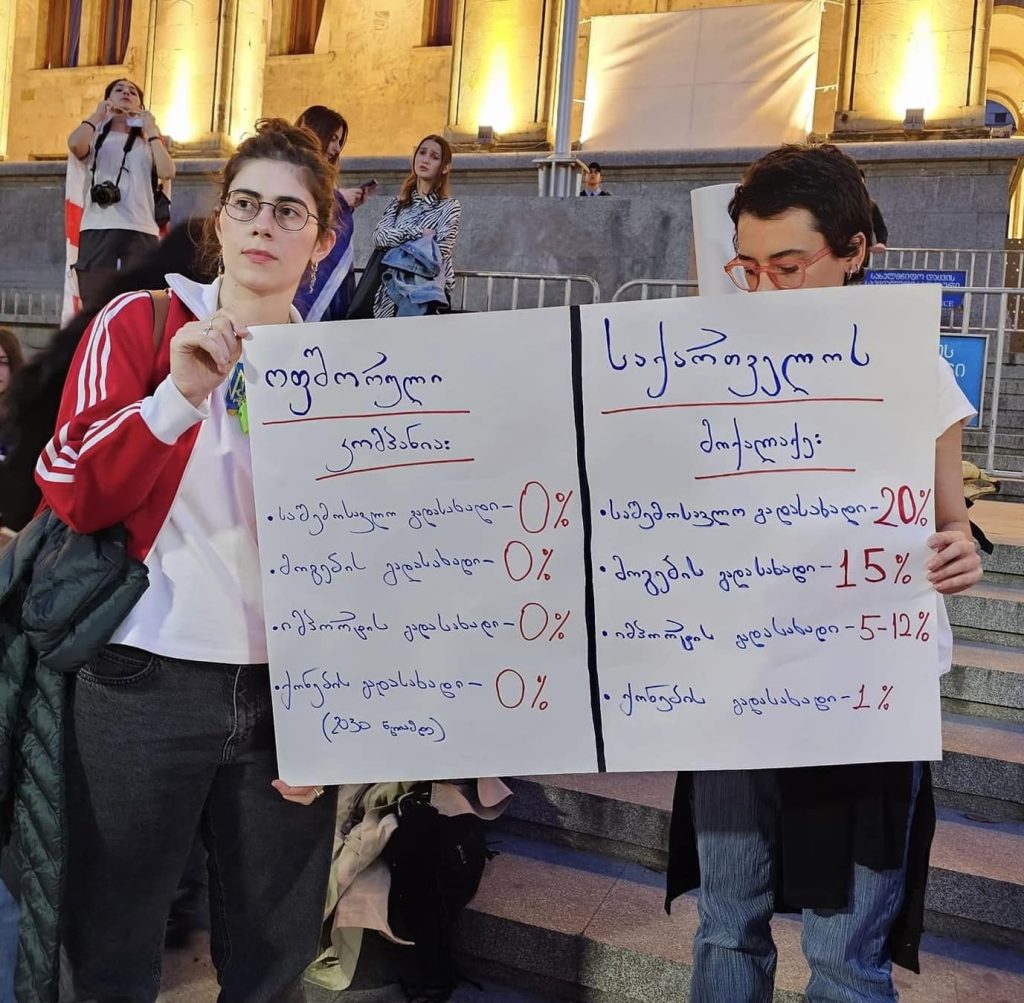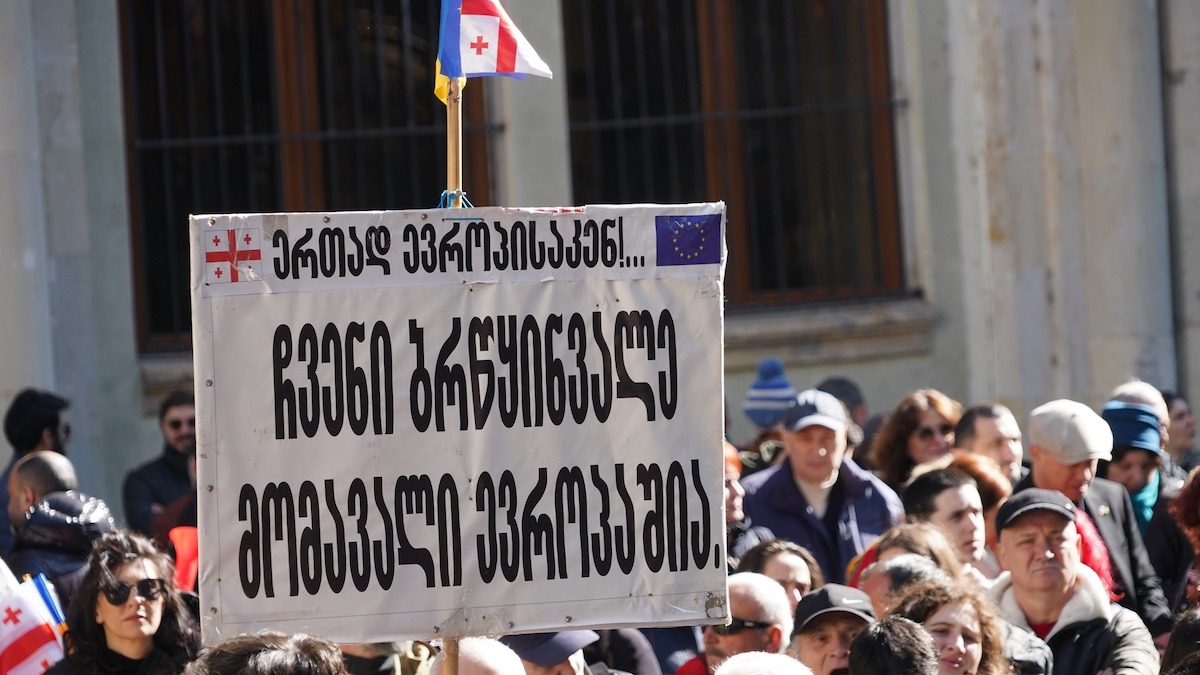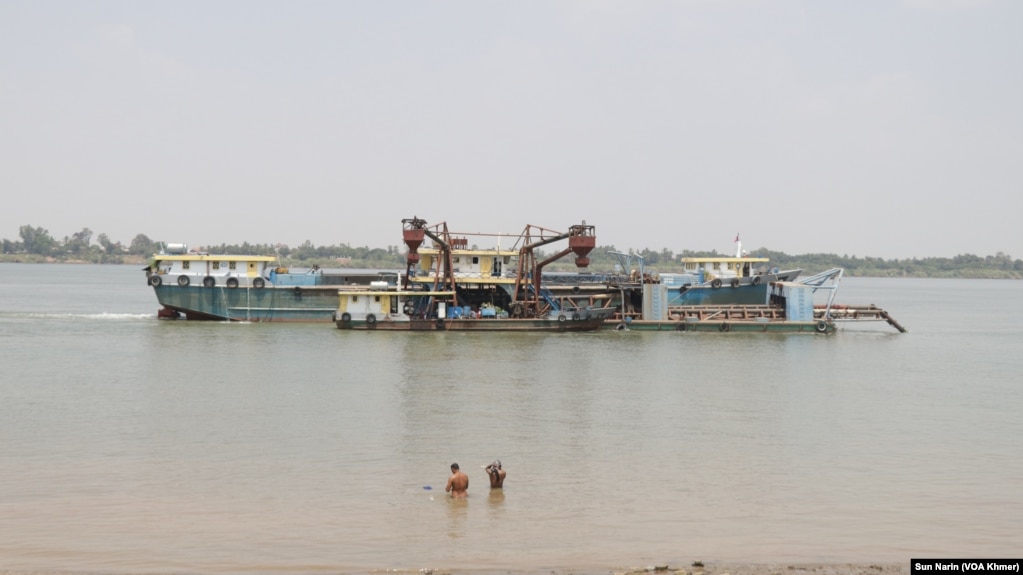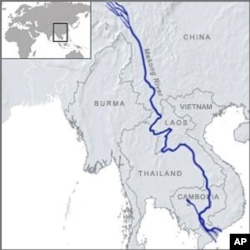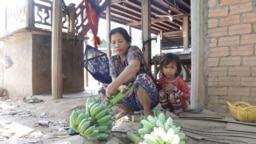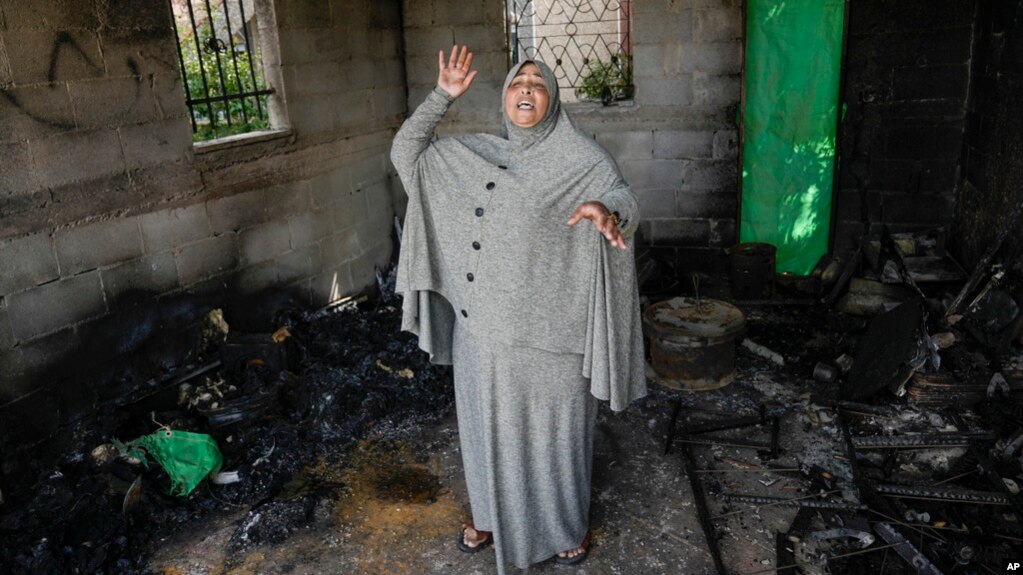Apple Looking to Expand iPhone Production to Indonesia
By Efthymis Oraiopoulos
April 19, 2024
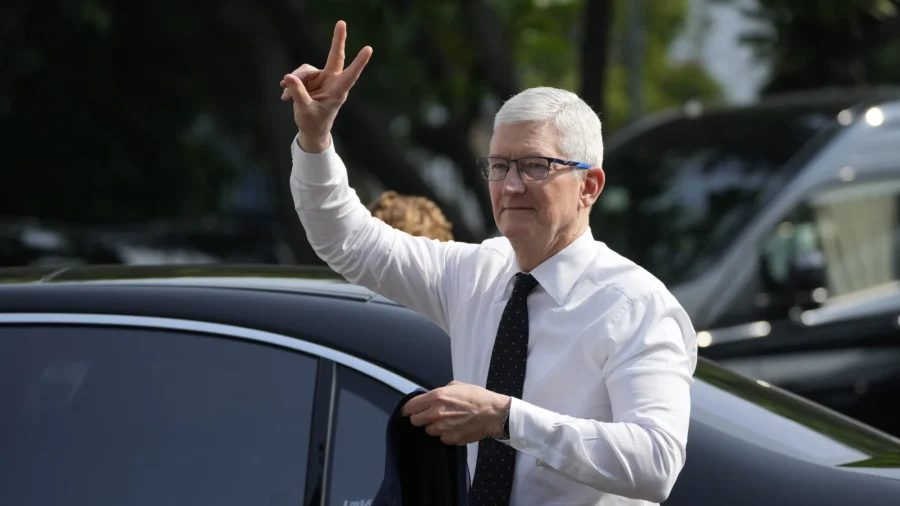
Apple CEO Tim Cook gestures upon his arrival for a meeting with Indonesian President Joko Widodo in Jakarta, Indonesia, on April 17, 2024. (Achmad Ibrahim/AP Photo)
Apple is looking to manufacture more of its products in Indonesia after making investments in India and Vietnam, as a global trend of tech giants relocating production away from China continues.
Apple Inc. CEO Tim Cook met Indonesian President Joko Widodo on Wednesday, and said the company will “look at” manufacturing in Indonesia.
“We talked about the president’s desire to see manufacturing in the country, and it’s something that we will look at,” Mr. Cook told reporters after the meeting.
Mr. Widodo’s administration has tried to attract manufacturing investment to Indonesia in recent years, but now Apple is also seeking to diversify its manufacturing base and transfer some manufacturing capacity away from China, where most of its tablets and iPhones are assembled. The manufacture of actual components still takes place primarily in other countries, such as Korea and Taiwan, but the bulk of Apple’s assembly takes place in China in factories run by Taiwan-based Foxconn.
The company began moving some production to countries like Vietnam, and more recently India, after shutdowns related to COVID-19 in China repeatedly disrupted the company’s shipments and supply chains.
“I think the investment ability in Indonesia is endless. I think that there are a lot of great places to invest, and we’re investing. We believe in the country,” Mr. Cook said.
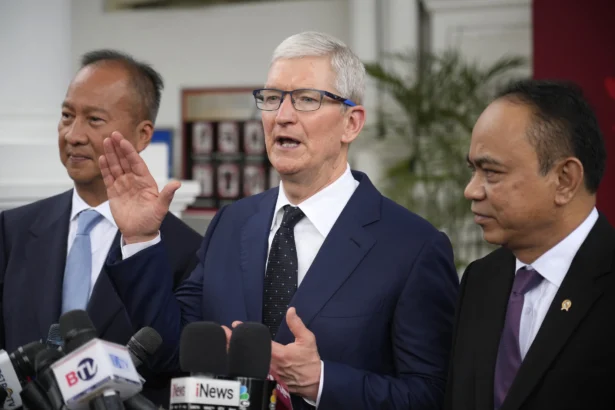
The previous day, Mr. Cook met Vietnamese Prime Minister Pham Minh Chinh in Hanoi, where he said Apple plans to invest more in Vietnam and increase spending on suppliers in the Southeast Asian manufacturing hub.
“Given the slowing Chinese economy as well as the Chinese government’s ongoing efforts to squeeze out foreign companies and replace them with domestic brands, Apple wants alternatives for manufacturing,” said Chris Miller, an associate professor at Tufts University, whose work focuses on technology and geopolitics.
“It has already invested more in India and Vietnam, but it is likely looking at other partners in South East Asia to [add] additional manufacturing and assembly operations,” Mr. Miller said.
Apple recently announced it is opening a fourth training academy for mobile developers in Indonesia’s Bali. In 2018, the company started the program, called Apple Developer Academy, in Indonesia’s capital, Jakarta.
Apple has no manufacturing facilities in Indonesia yet, but the company says it has invested 1.6 trillion rupiah ($99 million) in its app developer ecosystem in the country.
Mr. Widodo’s government has sought to leverage the country’s reserves of nickel and other raw materials to bring in manufacturing, banning the export of raw commodities such as nickel and bauxite to oblige companies to build smelters and refineries domestically.
After the meeting with Mr. Widodo, Mr. Cook also met Indonesia’s president-elect Prabowo Subianto, who is currently the defense minister, in Jakarta. He is set to take power in October.
Indonesia’s minister of communications and information, Budi Arie Setiadi, said Wednesday that Microsoft CEO Satya Nadella would visit Indonesia at the end of April.
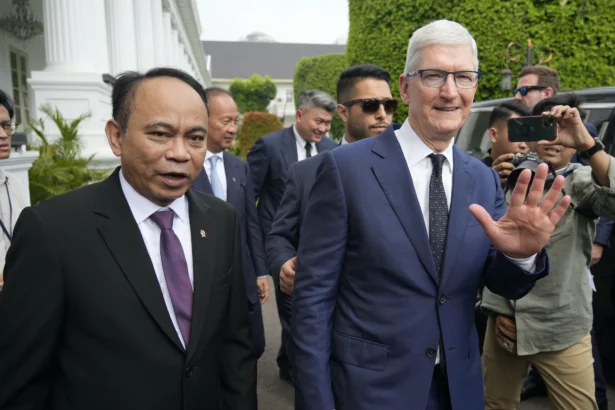
Leaving China
Apple produced $14 billion-worth of its iPhones in India in the last fiscal year.
Foxconn began making the iPhone 15 in India in the summer of 2023, and the number of iPhones made in plants there is growing fast. Other technology firms, such as Dell and HP, have also expanded aggressively into India, Vietnam, Mexico, and other markets.
Apple is going to expand its iPhone assembly in India in the next two years, with a quarter of them to be made in the world’s most populous country of India, Forbes reported.
The company aims to manufacture more than 50 million devices in India in the next few years, and then to continue growing.
Taiwanese company Foxconn, one of Apple’s top subcontractors, was planning to open a plant in India in April, from which it aims to produce 20 million phones annually—and mainly iPhones.
Tata, India’s biggest conglomerate, wants to build the country’s biggest iPhone assembly plant in the southern Indian state of Tamil Nadu. It already has an iPhone assembly plant in the state of Karnataka.
The Associated Press contributed to this report.
